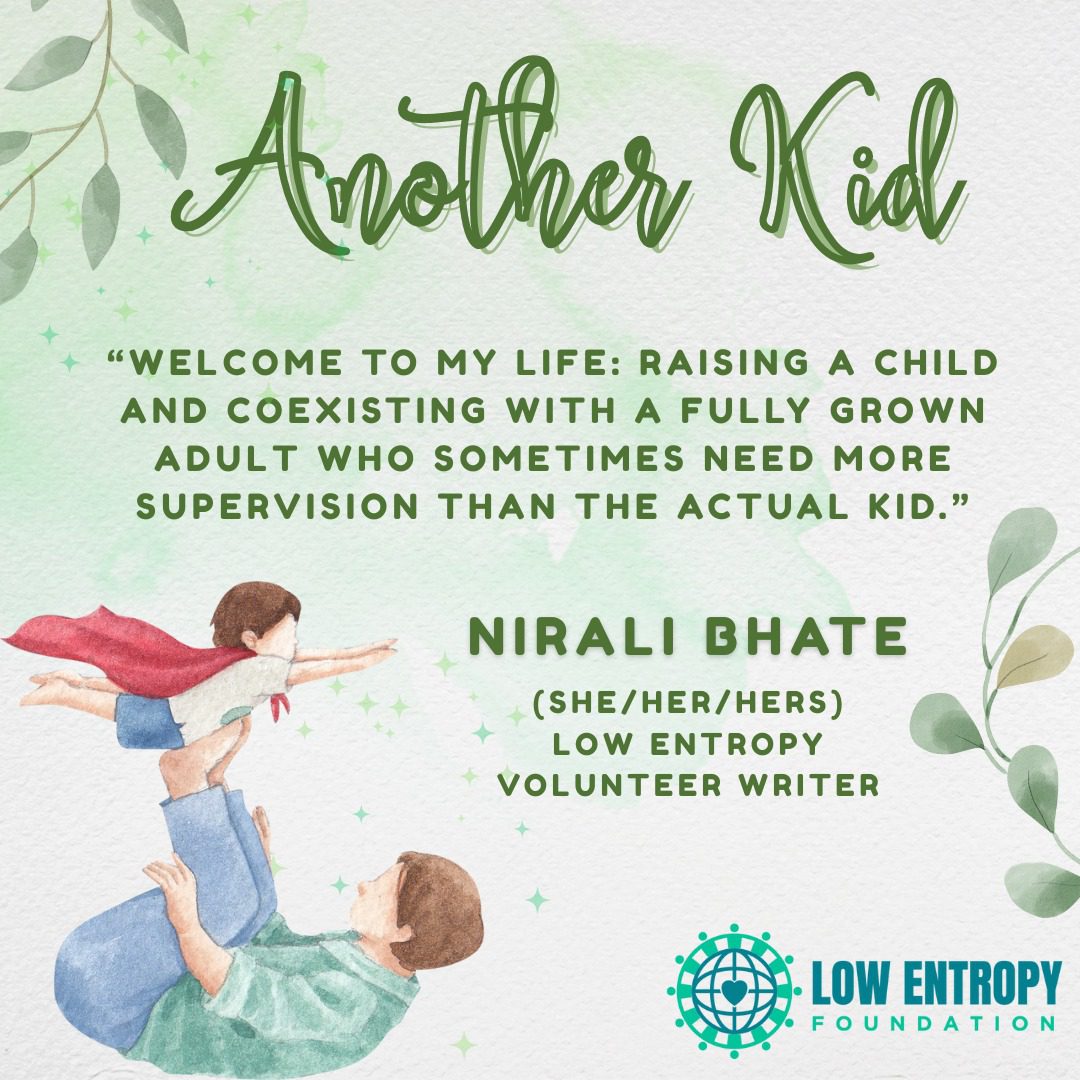Cassandra Di Lalla (she/her/hers), Low Entropy Volunteer Writer
I wish that my father was still roaming the earth, because I feel there were so many words left unsaid and so many things left undone. It isn’t because my father and I didn’t talk or didn’t see each other; in fact, it was the polar opposite of that. We were very close—he was and he is my best friend.
When my father passed away from cardiac arrest, my entire world came crashing down. He took a big part of me up with him to Heaven because he was the blood in my veins, the heart in my chest, my everything. He was the first man I ever loved.
I’d tell him a million times a day how much I love him, to always make sure he’s safe and to always take the best care of himself. I’d always wish him a beautiful day ahead, hoping that life would treat him well with every sunrise through to sunset and everywhere in between.
I wish he was still alive to hear me say that I’m doing everything I can to get far in life in the best possible way that I know I can.
I wish he was still alive to hear me say how happy I am to spend my days with him, no matter what we end up doing.
I wish he knew and understood the positive impact he had in my life.
I wish he was still alive to hear me say that his vulnerability with me was impactful. He didn’t open up much to anyone, nor did he show much emotion with anyone other than me. I was daddy’s little girl, and our father-daughter relationship was powerful. My father was living proof that love is patient, kind and humble . . . but capable of so much because it’s so strong, even when there are times where you feel you’re unable to express it to someone in words.
My father is the very reason I allow myself to be loved by my partner . . . because my father showed me that love should be painless, effortless and unconditional—in the good times, the bad and the ugly. Love is boundless. He taught me that I’m deserving of love and care even when I’m struggling. I would go to my dad for just about everything, because I felt heard and understood. I wasn’t afraid of opening up to my dad because I knew there was never any judgement. He was and will always remain the best father in my eyes. I can’t even count on both hands the amount of times I’ve told him how much I value him.
I wish he was still alive to hear me say that I forgive him for his mistakes and that fatherhood is difficult, full of surprises and sometimes bad decisions. But through it all, I still saw the perfect father.
My father didn’t deserve to die from cardiac arrest. He didn’t deserve to die at all. Especially not from something that was completely out of his control. I did CPR on him and I tried with every fibre of my being to revive him without success, and I carry that very heavy weight and guilt with me everywhere I go. I miss him. I’m hurting without him.
I wish he was still alive to hear me say that I’ll continue to do my best no matter what happens, because that’s what I’m doing . . . my very best.
I’ve blamed myself every single day since his passing; it feels like yesterday but it was so many yesterdays ago.
I wish he was still alive to hear me say that I’m grateful that he’s the reason I’m able to speak up for myself and not hold back, especially if I’m being disrespected in any way.
I wish he was still alive to hear me say, “Dad, please stop it!” more often every time he’d say, “You know, Cassandra, when I’m gone . . .” I’d always get angry when he’d say that, because I was afraid that he was trying to send me a subliminal message or insinuating something. I’d get very upset and I’d tear up because, of course, I feared losing him. That fear became a reality and it replays in my head day in and day out.
I wish he was still alive to hear me say “I’m sorry, Daddy” more often for every petty argument, because none of that mattered, but I regret ever having these disagreements because now I can’t even talk to him or hear his voice. I wish I would have just shut my mouth, walked away to take a breather and returned with an apology and a hug. I mean, I did . . . always . . . but I wish those arguments wouldn’t have happened in the first place. These things just stick with me and I can’t let them go.
I wish he was still alive to hear me say that his love and support are what gave me the will to live despite having to face unimaginable circumstances and challenges in my life.
I wish my father was still alive to hear me say “I love you” one last time.
—
Cassandra Di Lalla lives life purposefully. She enjoys reading, writing and mental health initiatives. She’s an animal lover for life and an innovative individual always finding new ways to create.














